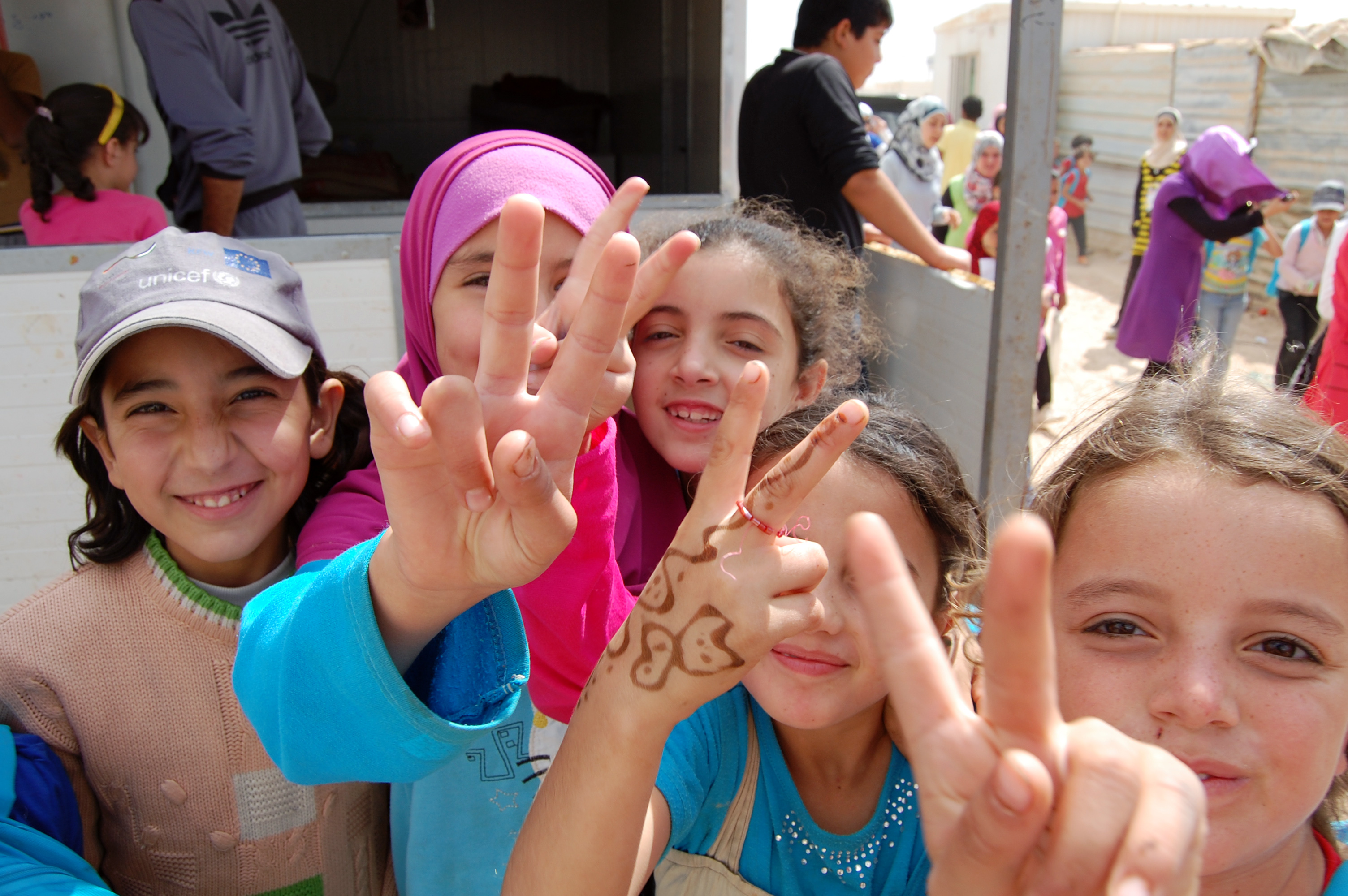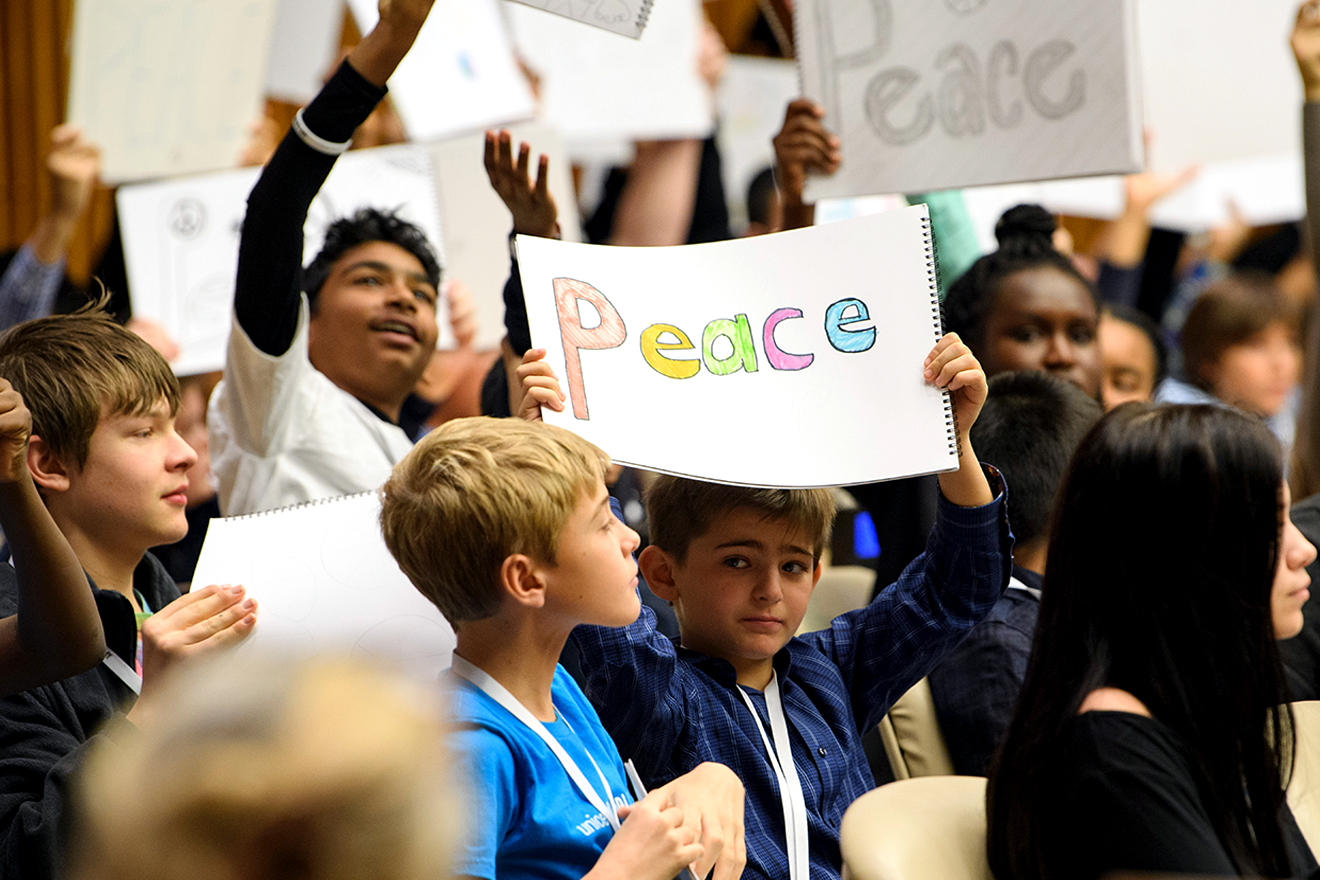In UN Secretary-General António Guterres's words: "Today peace faces a new danger: the climate emergency, which threatens our security, our livelihoods and our lives. That is why it is the focus of this year’s International Day of Peace [21 September]. And it’s why I am convening a Climate Action Summit [23 September]." Climate change causes clear threats: natural disasters displace 3 times as many people as conflicts; the salinization of water and crops is endangering food security; and the impact on public health is escalating. Growing tensions over resources and mass movements of people are affecting every country on every continent.
On 13 September, under the theme “Empowering and Transforming Humanity,” the UN marks the 20th anniversary of the adoption of the Declaration and Programme of Action on a Culture of Peace. The high-level forum, organized by the President of the 73rd session of the General Assembly, focuses on increasing the chances of a sustainable pathway to a culture of peace to achieve the 2030 Agenda. The Culture of Peace is seen as a process of individual, collective and institutional transformation. The Declaration, considered one of the most significant legacies of the UN, is a universal and historic norm-setting document
The United Nations came into being in 1945, following the devastation of the Second World War, with one central mission: the maintenance of international peace and security.


